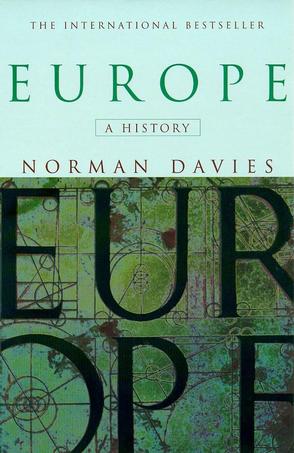Europe
Norman Davies
From Publishers Weekly
The pre-eminent scholar of Polish history, Davies (God's Playground and Heart of Europe) expands his focus to all of Europe. While the book is bulky, its size is hardly adequate to a complete history of the continent from pre-history to the dismantling of the Soviet Union. In addition, as one might expect, Davies has taken great pains to treat countries other than England, France and Germany as legitimate parts of Europe?not just as the thresholds over which barbarians crossed. ("For some reason it has been the fashion among some historians to minimize the impact of the Magyars," Davies writes when discussing what would become central Europe. "All this means is that the Magyars did not reach Cambridge.") The book works because his subject is not the constituent countries but the continent as a whole. Thus, while Elizabeth I gets one brief mention in passing, Aristide Briand, the French foreign minister who tried to effect a Franco-German reconciliation until the Nazis won power, gets several paragraphs. Aside from defining what Europe is and giving all countries their due, Davies also tries to show the joys of an inclusive reading of historical subjects (he disparages excessive specialization and writes admiringly of the Annales school). A master of broad-brushstroke synthesis, Davies navigates through the larger historical currents with the detail necessary to a well-written engaging narrative.
Copyright 1996 Reed Business Information, Inc. --This text refers to an out of print or unavailable edition of this title.


